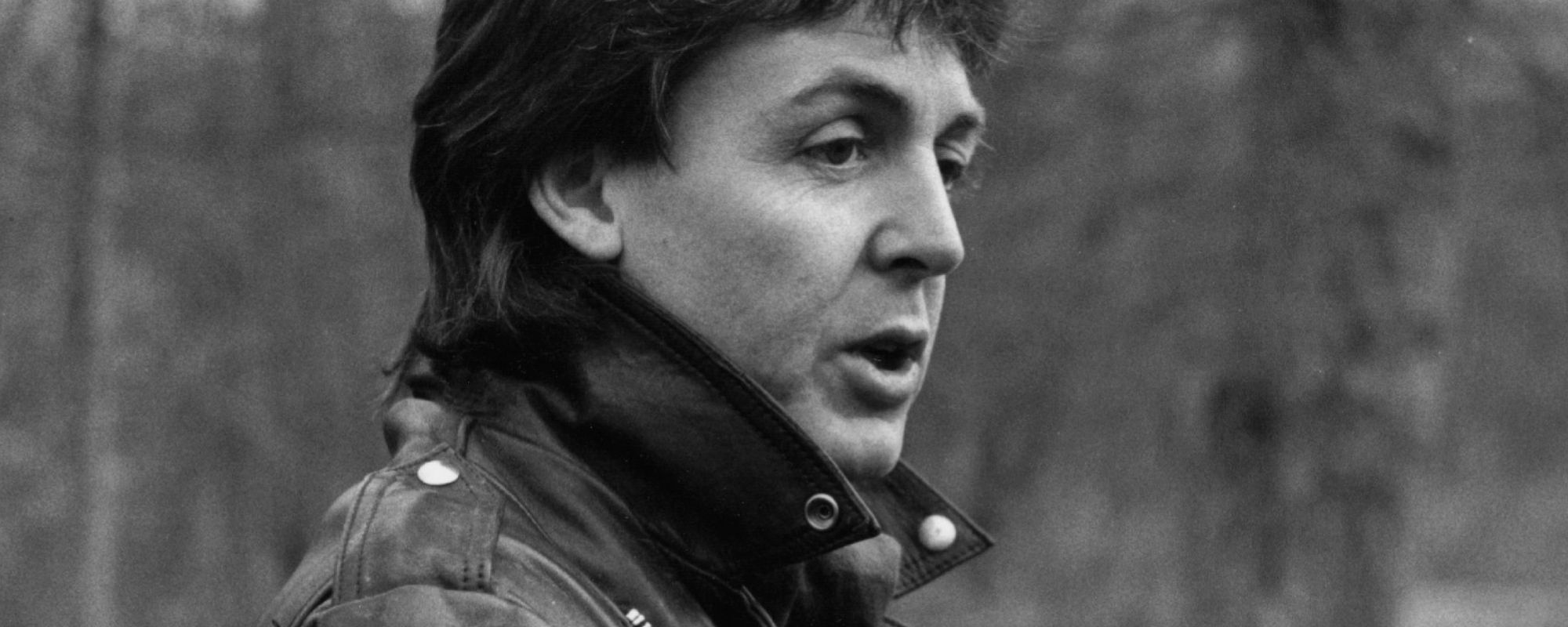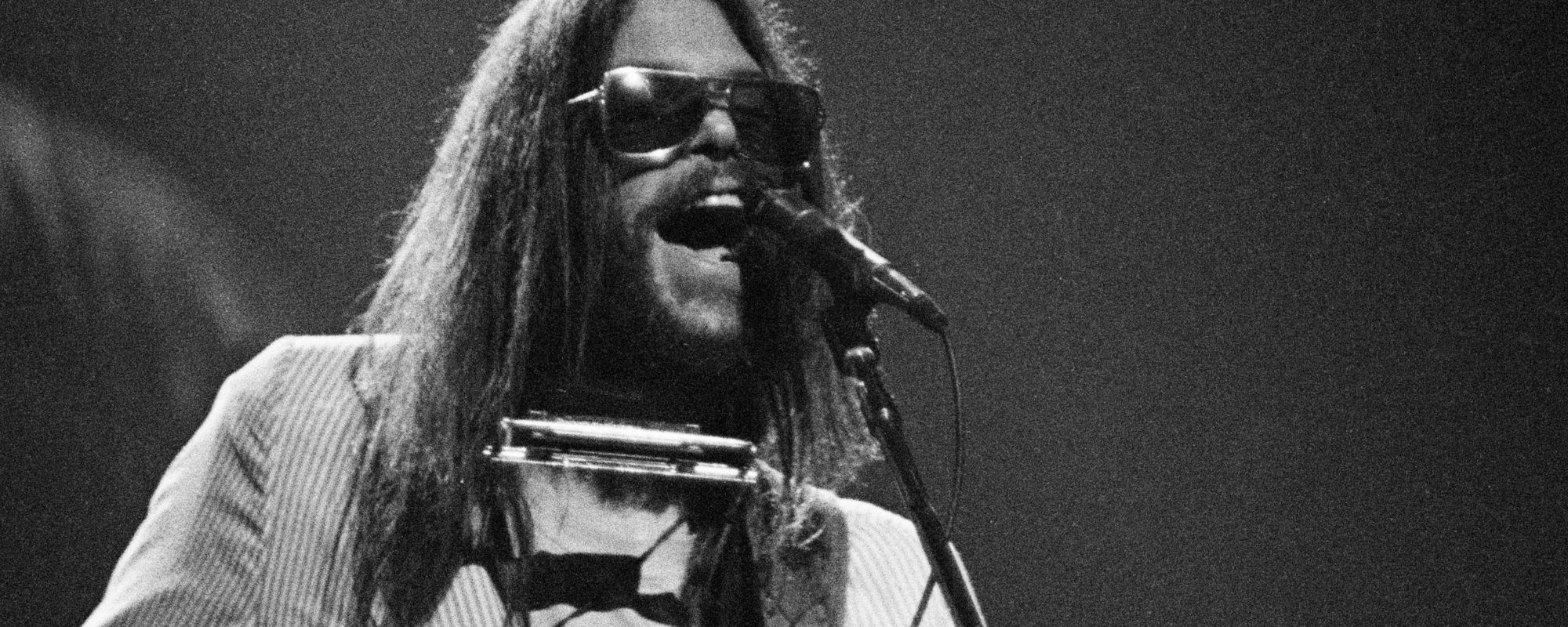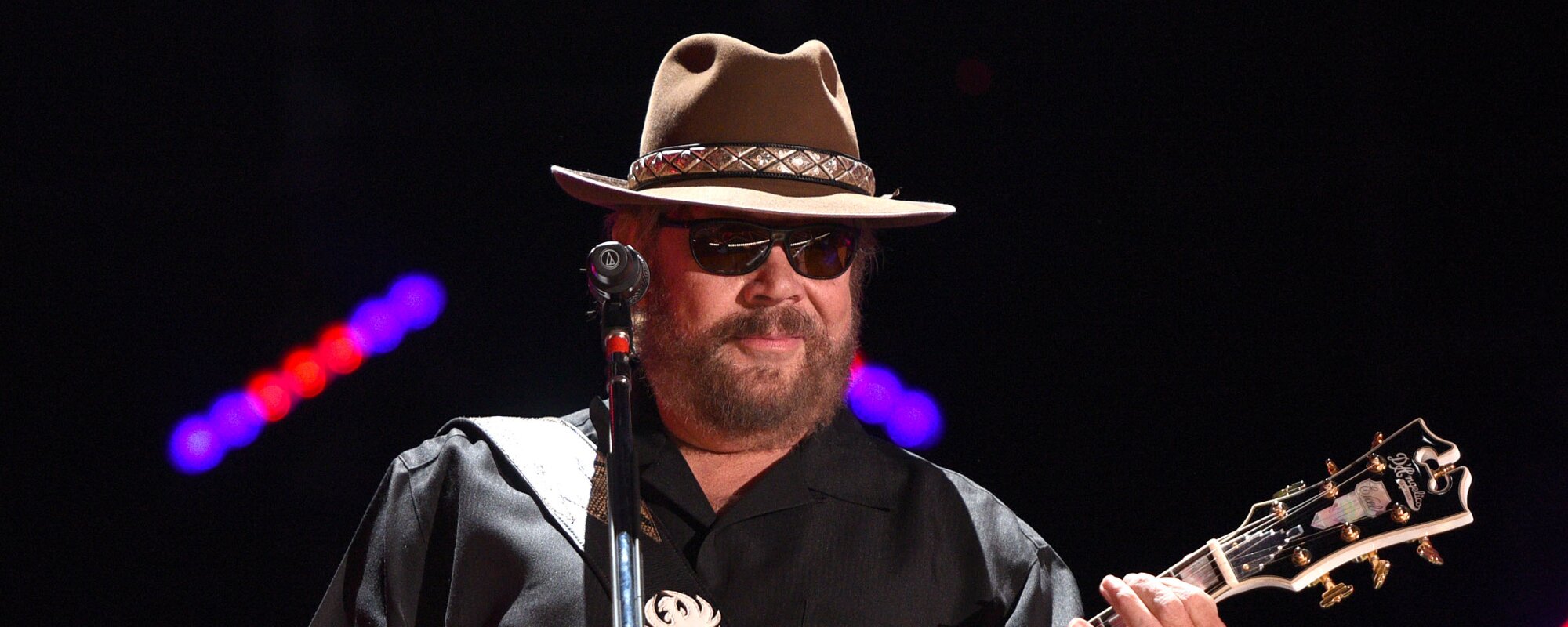When one thinks of the most culturally transitional decade of the 20th century, they often think of the 1960s. Now, that is, of course, up for debate; however, the 1960s had more than their fair share of cultural milestones that influenced the world as we know it today. Amid all of the incredibly integral and crucial moments resides another that is important in regards to the development of popular art, and that moment is Elvis‘ 1968 comeback special.
Videos by American Songwriter
In terms of Elvis’ legacy, this performance marked a major moment as it was his return to the rock ‘n’ roll music that made him popular. Though, and more importantly, it further perpetuated the already changing taste in popular art. We could explain to you why that is, but surely, you’d rather hear from the lead singer of U2, Bono.
The Importance of Elvis’ 1968 Comeback, According to Bono
Love him, hate him, or just don’t care for him, Elvis Presley was and still is one of the most important musicians and performers of all time. Bono agrees, and so does Rolling Stone, as they listed him as the third most important musician of all time behind Bob Dylan and The Beatles on their “100 Greatest Artists” list.
In the selection, Bono wrote an essay about Elvis’ importance. A major moment he dwelt upon was the comeback special, in which he wrote, “I was eight years old when I saw the ’68 comeback special, which was probably an advantage. I hadn’t the critical faculties to divide the different Elvises into different categories or sort through the contradictions.”
“But it’s that elastic spastic dance that is the most difficult to explain — hips that swivel from Europe to Africa, which is the whole point of America, I guess. For an Irish boy, the voice might have explained the sexiness of the U.S.A., but the dance explained the energy of this new world about to boil over and scald the rest of us with new ideas on race, religion, fashion, love and peace,” Bono concluded about Elvis 1968 return to rock ‘n’ roll.
While this is merely an opinion, Bono seems to be getting at something true in his essay. 1968 was a turbulently transitional time in the trajectory of pop culture, and this Elvis performance, matched with several other pop culture events, opened the floodgates for the highly experimental and taste-changing art the masses would digest in the 70s. Again, it is only an opinion, but to Bono, Elvis’ infamous 1968 televised performance gave way to a movement that would ultimately change the landscape of popular art.
Photo by Michael Ochs Archives/Getty Images













Leave a Reply
Only members can comment. Become a member. Already a member? Log in.